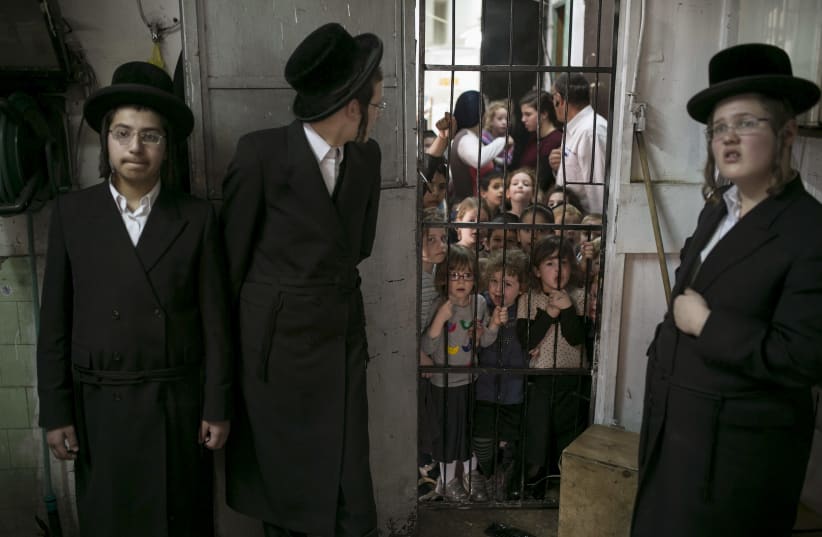The toxic ramifications of haredi education on Israeli society
The lack of a core curriculum in the haredi sector for boys is one of the biggest restraints on the integration of men from the community into the workforce, and on their earning capacity.
